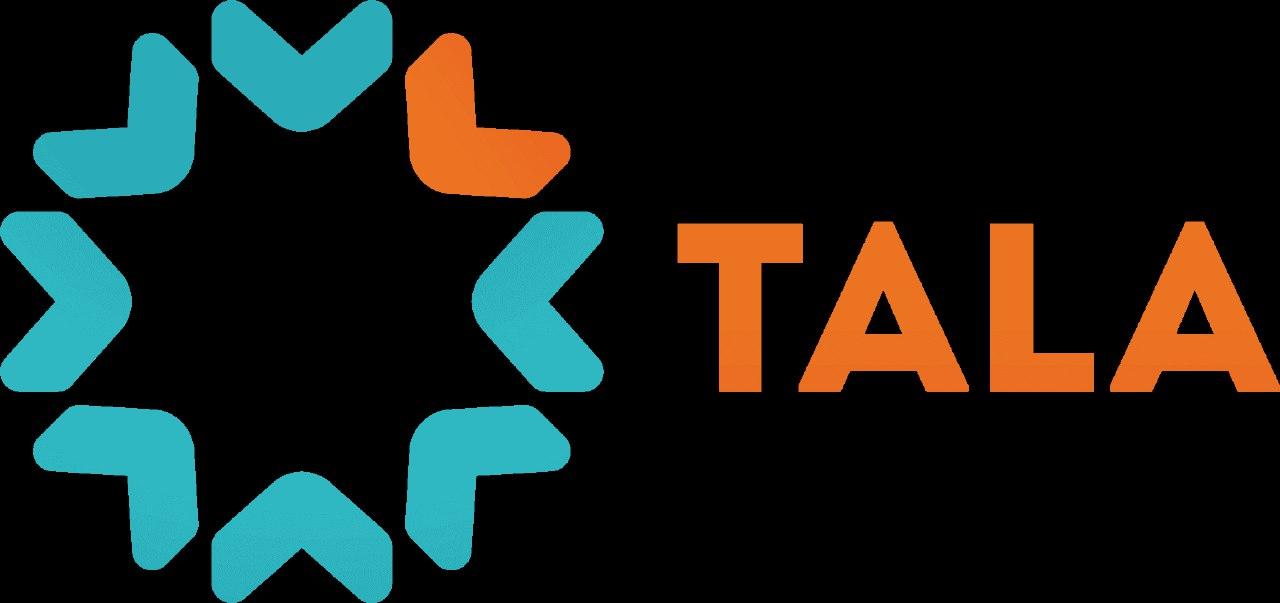
A man in Kakamega has committed suicide after loan firm Tala called repeatedly called him to repay his loan.
The man entered depression since he could not afford to pay the Sh30,000 loan owing to the the roigh economic times.
“His distraught family led by his mother Alice Omwenje said the deceased had been stressed about a Ksh.30,000 loan that he owed a local digital lender”, a local media house reported.
They said the deceased had only managed to pay off part of the debt owing to the harsh economic times.
The lender, they claim, turned a deaf year to cries of leniency and was on the deceased’s neck for the past few weeks.
The villagers led by the deceased’s uncle Japheth Makokha said they will, in accordance with their traditions, demolish the house of the deceased.
According to the elders, those who commit suicide are not to be taken to funeral home; instead, a grave is to be dug where they died and their remains interred without ceremony.
Suicide and the industry regulator
In January, the nation carried this article about how Central Bank of Kenya was jolted to act on unregulated lenders.
It is death by suicide that jolted Kenya’s top financial regulator and sparked one of the most compelling moral conundrums for the fintech-fuelled digital lending craze in the country.
The shocking revelation by the Central Bank of Kenya (CBK) last week that a middle-aged man took his life after failing to withstand harassment and public shaming by an unnamed digital lending application, has ignited debate on the radical evolution of the many platforms that disburse loans via mobile phones.
“In November last year, a lady came to the Central Bank to explain to us that her husband had committed suicide after getting involved with one of these lenders,” she said.
CBK Deputy Governor Sheila M’Mbijjewe revealed the incident, which was reported to the regulator by the distressed family of the victim.
The aggressive nature with which online lending firms deploy to collect what they advanced has become so alarming that no less than the CBK wants new laws to stop cyber shaming by these cloud-based facilities.
“What this lender did is that when her husband was unable to pay the debt through the contact list of her husband, [the lender] started sending messages to all of them, including his mother, his grandmother and his aunt,” she said.
HUMILIATED
Days after the Central Bank deputy boss made the revelation, more Kenyans have come out publicly to tell of their harrowing experiences in the hands of digital lenders.
Many who sought anonymity for fear of being humiliated further likened the apps to modern day loan sharks, which can wreck people’s lives in case of default.
Loan sharks are criminals who charge extortionist interest rates and use callous methods to force people to pay the money back.
Victims who spoke to Smart Company said the harassment and shaming started when they failed to pay their balances on time as a result of circumstances beyond their control.
Those who have come forward said people behind the lending app repeatedly called or sent text messages to their contact list including employers, business partners, spouses, relatives and friends about their inability to return the money, causing them embarrassment and emotional stress.
Upon downloading, mobile apps require access to contact information, photos, files and documents saved in the borrower’s phone.
Once those have been submitted, the online loan application can proceed.
If a borrower fails to pay on time, all of his or her phone contacts receive a collection text message or call stating the borrower’s full name and outstanding balance, affected borrowers said.
Regulators and consumer lobbies earlier raised the red flag about customer data protection by the credit-only lenders, the high interest rates or transaction fees that they charge borrowers, multiple borrowing from different lenders, non-disclosure of pricing terms and their lack of dispute resolution mechanisms.
DESPERATION
The unregulated credit-only institutions are fast growing partly due to people’s desperation for cash, healthcare or school fees. Borrowers in most cases enter into the arrangements under duress.
With their exorbitant interest rates and conditions, microcredit from the online lenders has plunged many borrowers into a debt trap.
Those who spoke to us said they have been forced to contract multiple loans to pay back for the former ones, and to make huge sacrifices to reimburse them over weeks and months.
Many who spoke to Smart Company anonymously said the loans had plunged their lives into a vicious cycle of austerity, unemployment and poverty.
Dozens of unregulated microlenders — many backed by Silicon Valley Venture capital firms — have invaded Kenya’s credit market in response to the growth in demand for quick loans.
Their proliferation has saddled borrowers with high interest rates, which rise up to 520 per cent when annualised, leading to mounting defaults and an ever-ballooning number of defaulters who have been adversely listed with credit reference bureaus (CRBs).
John Kamau, not his real name, told Smart Company he had no idea what he was getting into when he took out a 30,000 loan with an online lender in 2016 for his cyber café business.
“Like a lot of small businesses and individuals, I made a bad decision by getting into high-interest loans by an online lender,” he said.
The loan was approved in under five minutes, and at the time, it seemed like a good deal, he said.
Kamau later realised that the annualised interest rate on his loan was in fact 500 per cent, which he admitted was “shocking.”
“It’s like a slow death,” he said. “You repay with a lot of hardship.”
Kamau is just one of the small business owners around the country and individuals who, having failed to secure a traditional loan from a bank, turned to online alternative lenders to stay open.
What credit seekers such as Kamau encounter are loans without clearly stipulated terms and a dearth of regulation and oversight. Business owners who aren’t careful can find themselves in extremely uncomfortable positions.
Many alternative lenders take advantage of their non-bank status that allows them to avoid usury laws, which encourage lower interest rates.
LAW IN THE PIPELINE
Amid the harrowing tales by victims of public shaming and harassment by the digital lenders, the CBK deputy boss on Thursday last week said the regulator and the Treasury were preparing a law that will, for the first time, cover digital mobile lenders in fresh efforts to curb their exorbitant monthly interest rates.
“The government is quite clear that we will change the laws to enable us oversight these lenders. They cannot continue the way they are currently operating,” she said.
“We have a lot of predatory lending out here, which we want to regulate,” she said, adding that the aim of the proposed law is to ensure that digital lenders treat retail customers fairly.
The push to control digital lenders comes two months after Kenya removed the cap on commercial lending rates.
Introduced in September 2016, the law reduced private sector credit growth as commercial banks turned their backs on millions of low-income customers as well as small and medium-sized businesses deemed as too risky to lend to.
“CBK action is long overdue,” said the Consumer Federation of Kenya (Cofek) secretary-general Stephen Mutoro in reference to the banking regulator’s new push for laws to rein in the online lenders.
“[This is a] case of too little too late as millions of unsuspecting Kenyans continue to nurse their financial wounds from predatory, shadowy and criminal digital lenders.”
The credit crunch that followed the rate cap triggered an appetite for digital loans, leading dozens of unregulated firms to invest in Kenya’s credit market in response to demand for quick loans.
Market leader M-Shwari, Kenya’s first savings and loans product introduced by Safaricom and Commercial Bank of Africa in 2012, charges a “facilitation fee” of 7.5 per cent on credit regardless of its duration, pushing its annualised loan rate to 395 per cent.
Tala and Branch, other top players in the mobile digital lending market, offer annualised interest rates of 152.4 per cent and 132 per cent respectively.
Digital loans are short-term, typically with a repayment period of less than one month. Borrowers who repay their loans earlier are still required to pay the full amount, effectively pushing up their annualised percentage interest rates.
Borrowers who roll over their loans are still required to pay interest on the outstanding amount, with some lenders charging an additional late repayment penalty.
Listing borrowers with CRBs and charging late repayment fees are the most common methods lenders use to deal with cases of failure to repay the loan within the agreed period.
Banks, microfinanciers and saccos are regulated under the CBK Act and the National Payment System Act while chamas are regulated under the Societies Act.
CBK licenses and regulates electronic retail payment service providers in addition to all deposit-taking financial institutions.


















